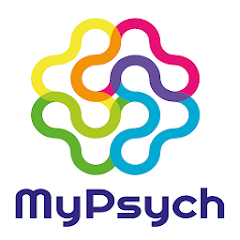Used inappropriately these drugs have resulted in patient harm including death. It is important therefore that they are prescribed, dispensed and administered safely. This is especially true in mental health settings where use can be infrequent.
- Confirm recent opioid dose – including formulation and frequency of administration, plus any other analgesics. Be alert for any anomolies such as unexpected dose increases or mix-up between modified release and ordinary-release preparations.
- Where dose is to be increased, confirm the calculated dose increase is safe for the patient – check if in doubt. E.g. for oral morphine or oxycodone in an adult patient, not normally more than 50% higher than the previous dose.
- Be familiar with the medicine being prescribed, dispensed or administered – including usual starting dose, frequency of administration, standard dosage increments, symptoms of overdose & common side-effects.
- There is a difference in bioavailability if changing from oral morphine to the parenteral route. If changing from oral morphine to intramuscular or subcutaneous morphine, the equivalent parenteral dose over 24 hours is half the total 24 hour oral dose. For diamorphine im or sc, the dose over 24 hours is a third of the total daily oral morphine dose.
- For further advice see the section on Prescribing in Palliative care in the BNF, GGC Medicines Adult Therapeutics Handbook or Scottish Palliative Care Guidelines
